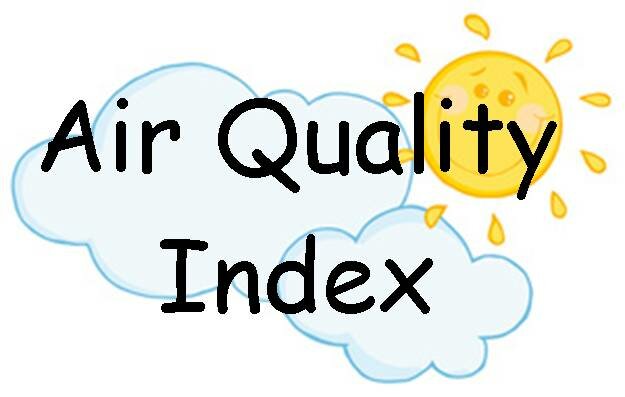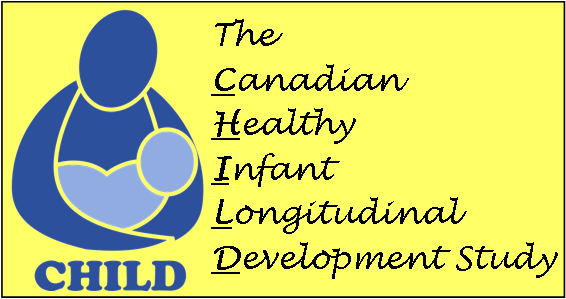- Home
-
Allergy & Asthma Information
- Asthma: The Basics
- Living With Asthma
- Asthma Tools
- Asthma Triggers
- Asthma & Eczema
- Asthma & Allergy
- Hay Fever
- How to use a:
- About Us
- Order Info
Asthma Control
What is Asthma?
- Asthma is a chronic disease of the airways in the lungs.
- Chronic means that the inside of the airways are always a little swollen and sensitive.
- Asthma symptoms happen when the inside of the airways become more sensitive, swollen and make extra mucous. Muscles around the outside of the airways tighten and cause more asthma symptoms.
- Common things that trigger asthma include colds, tobacco smoke and allergies.
- There is no cure for asthma, but it can be controlled.
What are asthma symptoms?
- Cough
- Wheeze (whistling noise in the chest)
- Feeling short of breath
- Chest tightness
These symptoms may happen at rest or during activities.
Asthma may seem mild. Having any of these symptoms at night, during or after exercise, even once a week, is not normal and should be discussed with your doctor.
Why is asthma control important?
Children with good asthma control:
- can take part in normal childhood activities and participate better in school.
- have fewer and less severe asthma flare-ups.
- have less severe asthma problems during colds or when exposed to other triggers such as pollens or smoke.
- have less anxiety about asthma.
- feel more confident being as active as other children.
- have less “scarring” in the lungs that occurs with poor asthma control.
Make your asthma control your goal!
GOOD ASTHMA CONTROL IS:
- Normal Activity
- Normal Sleep
- No daytime asthma symptoms
- No need for Reliever medicine
- No emergency visits for asthma
- No missed school or daycare for asthma
Needing Reliever medicine more than 3 times per week for asthma symptoms is a sign of poor asthma control and a risk for an asthma flare-up.
Asthma Action Plans
- An Asthma Action Plan tells you what to do when asthma is under control and what to do when asthma problems start.
- Every child with asthma should have a written Asthma Action Plan.
- An Asthma Action Plan should be reviewed with your doctor or health care provider every six months.
Tips for achieving good control
- Ask your doctor for an Asthma Action Plan.
- Know what asthma medicines do. Learn how to use them properly.
- Know the signs of worsening asthma.
-
Early Signs of worsening asthma:
- Cold symptoms (runny nose, sore throat, cough)
- Cough at night or early morning
- Problems during or after exercise
- Needing reliever medicine more than 3 times per week
- Coughing or being short of breath during normal activity
- Know your asthma triggers and stay away from them.
- Follow up with a regular doctor at least twice a year even if the asthma is under control.
- Check to see if asthma education is available in your area. An Asthma Educator can help you learn to keep your child's asthma under control.
Asthma Allie says:
"Good asthma control helps your child now and in the future!"

The Children's Allergy & Asthma Education Centre ©2011, 2014
![]()

The Children's Allergy & Asthma Education Centre
Phone: (204) 787-2551
Toll Free: 1-888-554-1141
Fax (204) 787-5040

